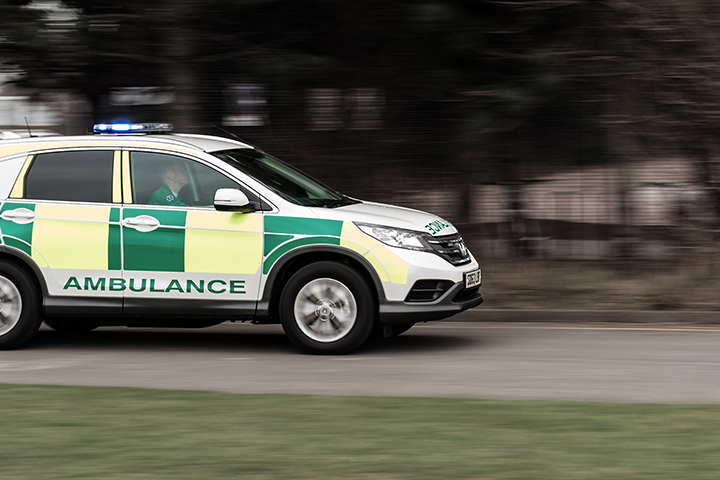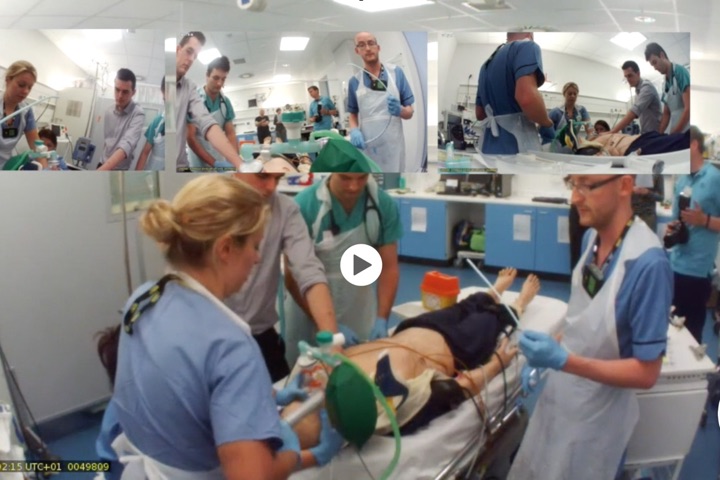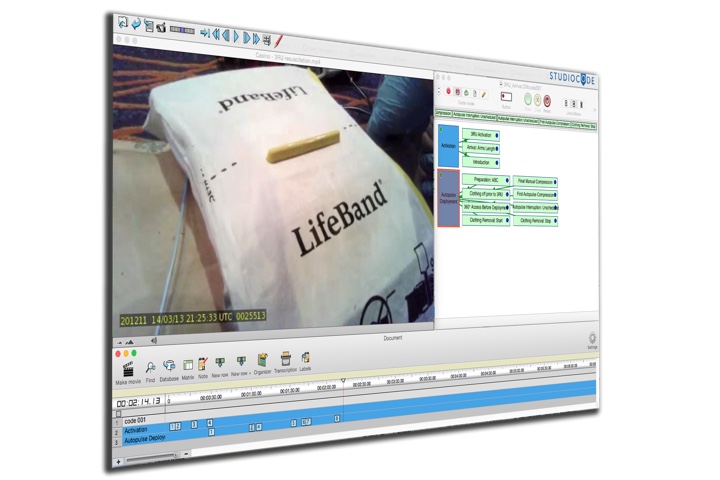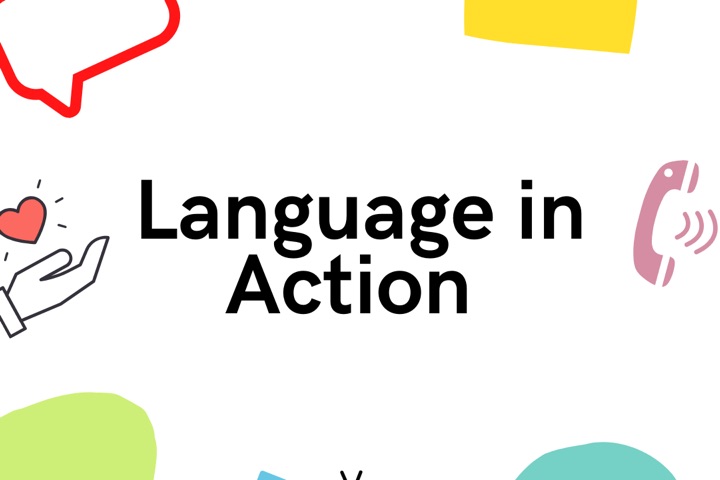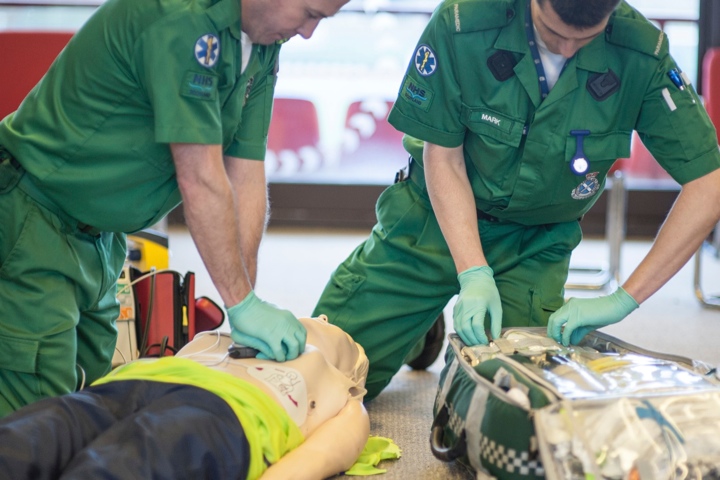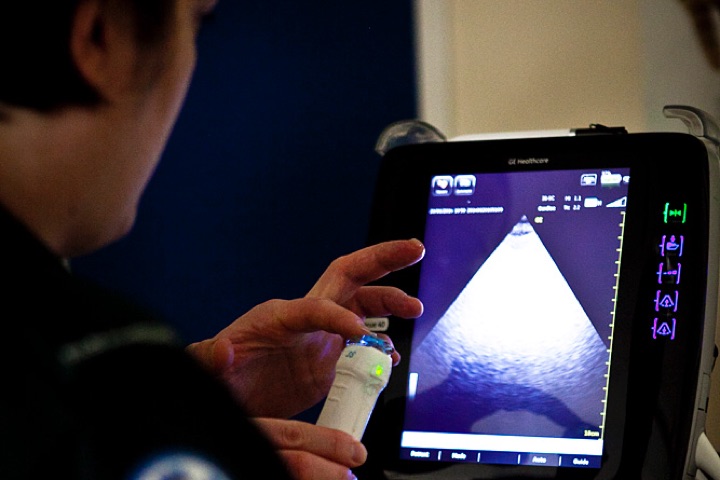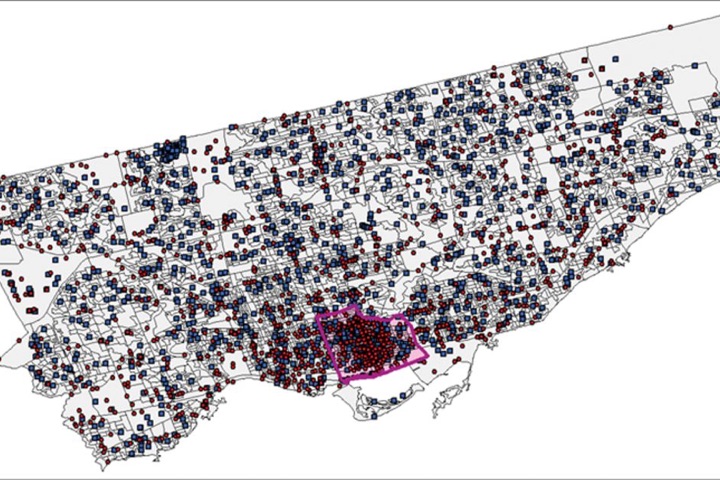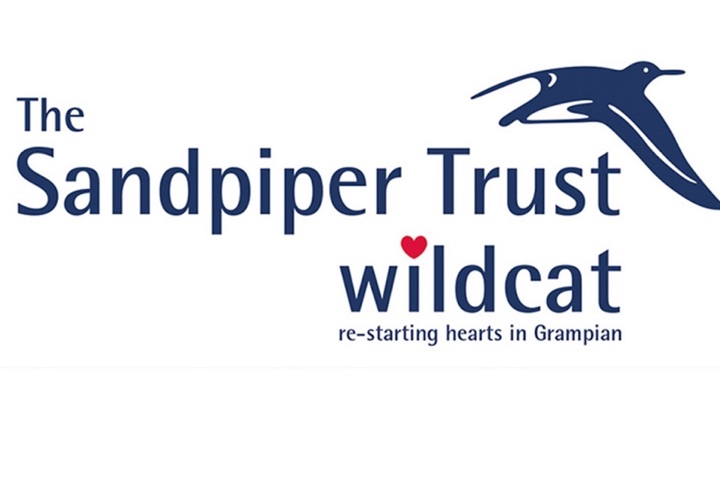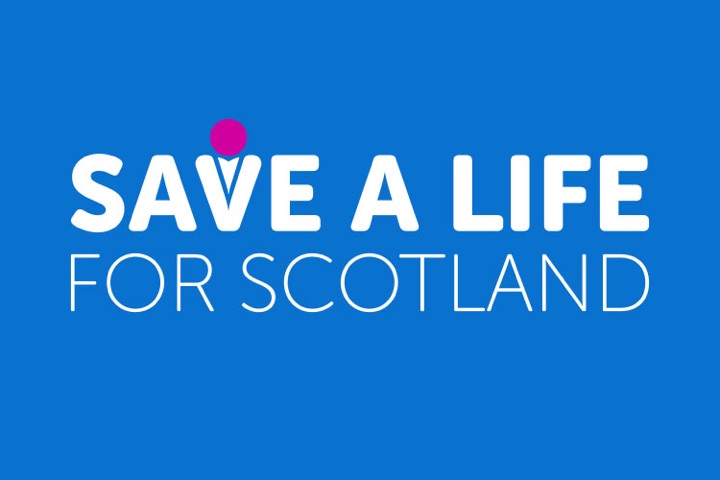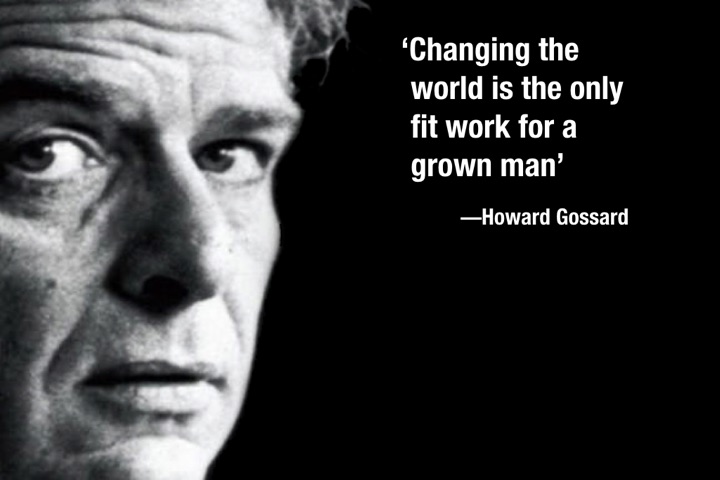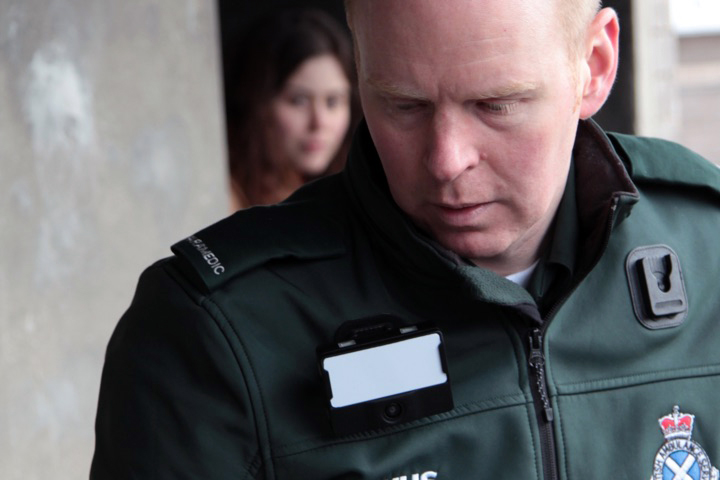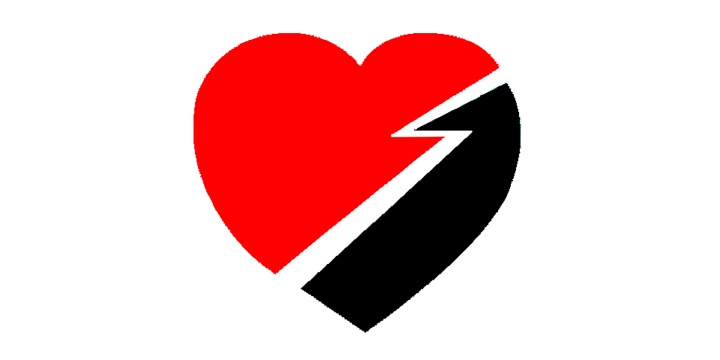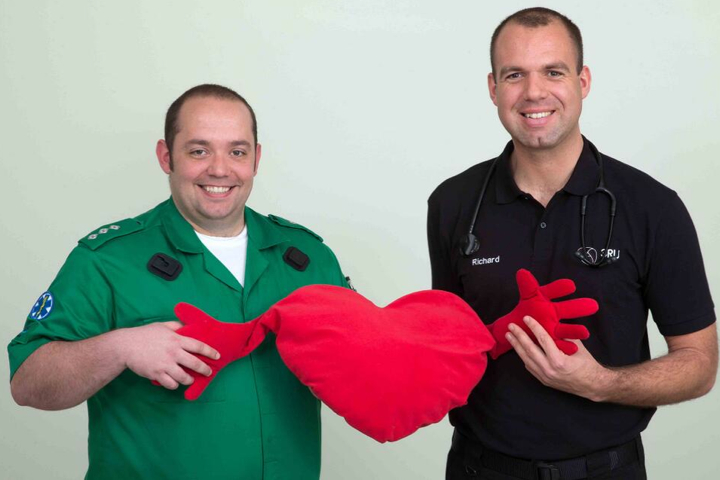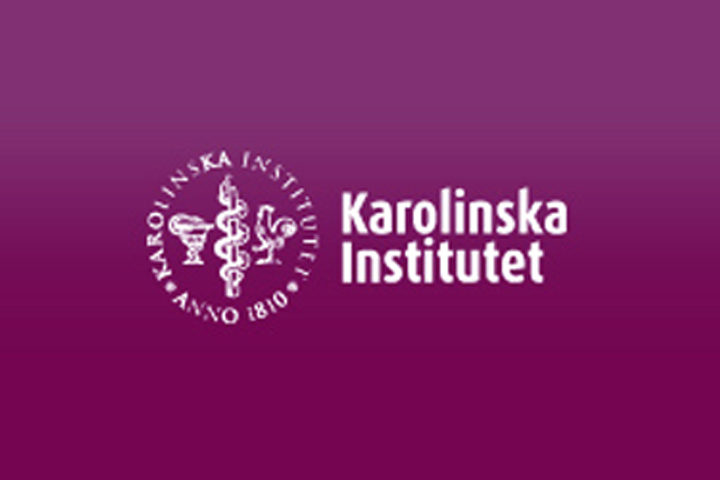Projects
—The Resuscitation Research Group is involved in a range of projects. These summaries provide a window on what we’re currently up to.
3RU – Resuscitation Rapid Response Unit
The Resuscitation Research Group oversees the Resuscitation Rapid Response Unit – 3RU – and is evaluating the impact of having a second-tier, elite response to out-of-hospital cardiac arrest. A squad of 12 paramedics from the Scottish Ambulance Service make up the 3RU response team, supported by doctors, nurses, dispatchers, medical students and a resuscitation officer. 3RU paramedics undergo extended training, both for technical and non-technical resuscitation skills.
Improving non-technical skills performance in out-of-hospital cardiac arrest
The primary aim of this project is to investigate the association between non-technical skills performance and technical performance within the ‘resuscitation rapid response’ paramedic unit (3RU) attending patients in out-of-hospital cardiac arrest (OHCA)
Lights, Camera, Action!
Video recording and review of resuscitation events has been used successfully to audit and develop the function of in-hospital resuscitation teams. We are piloting the use of the VideoBadge secure video recording system (www.edesix.com) to record pre-hospital resuscitation from OHCA by the 3RU team currently working in Edinburgh. These recordings are audited to provide information about resuscitation team performance, identify generic training requirements and measure the effect of training interventions.
Non-technical skills performance in pre-hospital resuscitation
A project using video audit to examine the relationship between non-technical skills and technical performance during resuscitation.
Paramedic Ultrasound in Cardiac Arrest (PUCA)
PUCA – Paramedic Ultrasound in Cardiac Arrest
Introducing point-of-care Echocardiography in Life Support (ELS) into cardiac arrest care.
Public Access Defibrillators
Modelling historic OHCA data to develop recommendations for a ‘PAD optimisation strategy’ for Scotland
Sandpiper WILDCAT project
The Sandpiper WILDCAT project is an action research programme focussed on saving lives after OHCA by optimising the chain of survival in rural Grampian. The driving hypothesis is that training and equipping a cadre of community OHCA responders targeted to areas where SAS response times can be challenging will mean earlier effective resuscitation resulting in improved patient outcomes.
Save a Life For Scotland
In 2015 RRG formed the Save a Life for Scotland partnership (SALFS) to change the way people living in Scotland view OHCA and provide a platform on which 12 partner organisations (including Emergency Services, Third Sector organisations and Scottish Government) can optimise their contribution to increasing bystander CPR rates.
Social Marketing
This development study will contribute to that aim by designing an evidence based intervention to improve the rate of bystander CPR in deprived areas using a social marketing framework (applying commercial marketing tools to create health behaviour change) and social network theory. Research design includes a systematic review and a range of qualitative methods with key partners and stakeholders.
Streaming video to augment decision support for SAS treating COPD and OHCA in Edinburgh
This project seeks to trial the utility and acceptability of using a real-time, secure video-link to enhance existing telephone ‘professional to professional’ decision support currently available in Edinburgh. We propose initially to augment the existing clinical pathways for the management of chronic obstructive pulmonary disease (COPD) and out-of-hospital cardiac arrest (OHCA).
The First, First Responder
This study aims to provide a window into the experience of the OHCA bystander responder. These insights will allow us to identify ways we can improve the early steps in the “chain of survival” following OHCA — the steps often most likely to bring about the biggest improvements in patient survival and function after a cardiac arrest.

